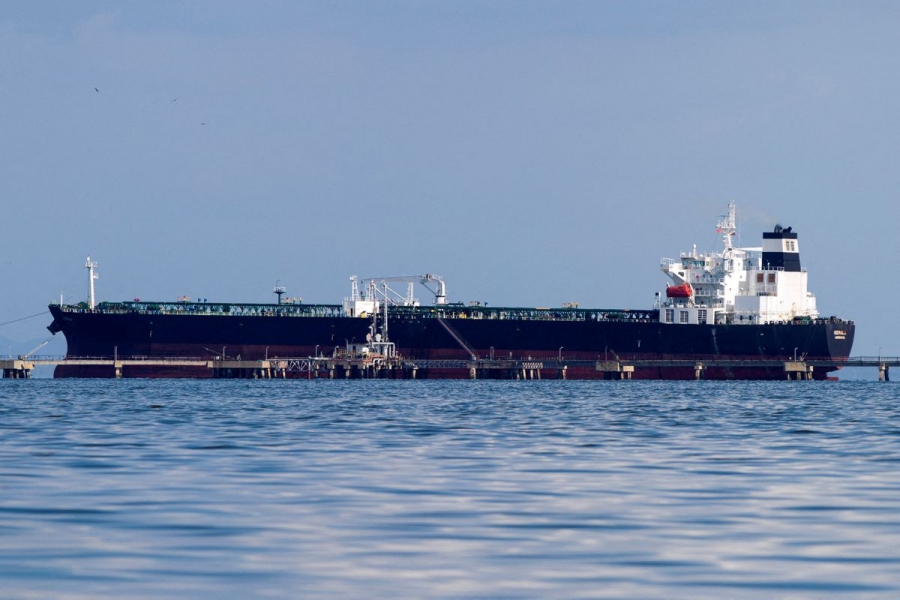U.S. President Joe Biden’s administration is easing sanctions on Venezuela’s oil and gas sector almost immediately in response to a 2024 election deal reached between the Venezuelan government and the country’s opposition, a senior U.S. State Department official told Reuters on Wednesday.
The U.S. imposed tough sanctions on Venezuela to punish President Nicolas Maduro’s government following his 2018 re-election, which the U.S. and other Western governments rejected as a sham. Since 2019, U.S. sanctions have banned state-run oil company PDVSA from exporting to its chosen markets.
The official, speaking on condition of anonymity, said the U.S. was broadly relaxing energy-related sanctions but was prepared to reverse those steps if Maduro’s government fails to lift a ban on opposition presidential candidates and release political prisoners.
The Biden administration, which had long promised sanctions relief in return for democratic concessions from Maduro, is issuing licenses and authorizations that will include allowing Caracas to resume business with Caribbean nations, the official said.
It marks a significant step in the Biden administration’s increased engagement with Venezuela, moving away from former President Donald Trump’s “maximum pressure” campaign against the socialist-governed OPEC-member state.
The U.S. moves followed an agreement reached in Barbados on Tuesday between Maduro’s government and the U.S.-backed opposition on electoral guarantees for an internationally monitored vote to be held in the second half of 2024.
But the deal did not remove bans on opposition candidates the government had barred from public office and made no mention of freeing political prisoners, falling short of what the U.S. wanted to see.
The U.S. welcomes the election agreement but considers it “a partial agreement toward an electoral roadmap,” the official said, adding the U.S. was ready to take more steps around Venezuela’s crucial energy sector. “Today, tomorrow, it’s going to happen quickly.”
The official warned, however, that U.S. decisions on relaxed sanctions would depend on Maduro complying with the latest agreement and working toward free and fair elections.
“We’re willing to take specific actions, but if they fail to live up to their commitments, we can certainly withdraw those positive incentives,” the official said.
The official also expressed optimism that the process would lead to the release in a “relatively near term” of Americans jailed in Venezuela and designed by the U.S. as wrongfully detained.
AGREEMENT IN BARBADOS
The talks between the government and the opposition, meant to provide a way out of Venezuela’s long-running political and economic crisis, will continue at an unspecified date, the parties said.
The deal says each side can choose its 2024 candidate according to its internal rules, but did not reverse bans on some opposition figures – including Oct. 22 primary frontrunner Maria Corina Machado – that prevent them from holding office.
An opposition source in Caracas on Wednesday said there remained much to be done, and that lifting bans was the crux of negotiations. Some opposition figures told Reuters on Monday they doubt Maduro’s administration will follow through on the election pledges.
But another opposition source said the deal did secure some concessions from Maduro.
Maduro, president since 2013, is expected to run for re-election but has not yet formalized his candidacy.




















